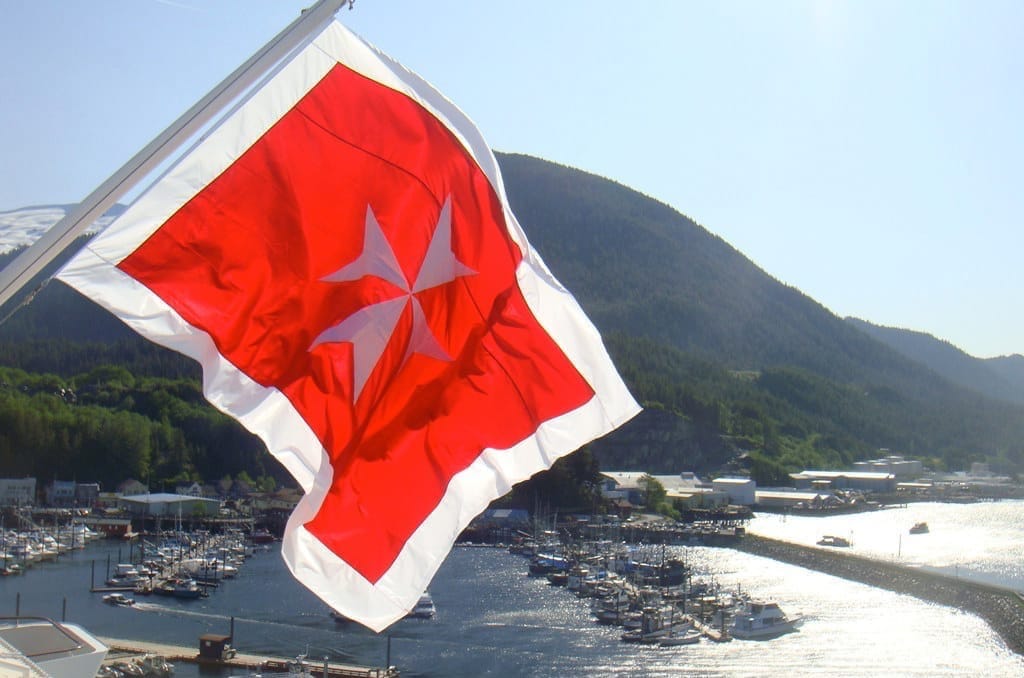Legal opinion: US-backed deep sea miners could face maritime resistance from other countries
Countries cooperate in many ways on the high seas but one respected American legal observer is suggesting that may not be the case towards US-licenced deep sea mining ships.

An international lawyer and principal of a cartography consultancy has suggested that other countries could refuse to cooperate in maritime norms, such as ship flagging, to resist any deep sea mining operations licensed by the United States.
Coalter Lathrop, director of Sovereign Geographic, spoke at a webinar on Thursday at the Payne Institute of Public Policy in the Colorado School of Mines.
Lathrop agreed with the view that a unilateral deep sea mining regime would breach international law.
When asked by Deep Blue League what options other countries had outside of condemnations, Lathrop suggested they could refuse to engage in maritime cooperation.
Malta, for one, is a popular flag shipping destination and The Metals Company already has an agreement with a Japanese firm, PAMCO to process the minerals initially.
Lathrop has acted as counsel and advisor in cases before the International Court of Justice, International Tribunal for the Law of the Sea, and ad hoc tribunals on questions of territorial sovereignty, maritime delimitation, and transboundary harm.
According to his profile, he has advised governments in Africa, Asia, Middle East, and the Americas.
He made the comments a day after The Metals Company CEO dismissed the idea that other countries might not allow the purchase of its deep sea minerals.
Gerard Barron said market demand in the coming years, as the transition to a low carbon economy accelerates, will take primacy. He also alluded to US standing in global affairs as a superpower:
I’ve heard that reported in the media but I don’t see that as being any risk whatsoever... the world is moving to a position where it is going to be short of these metals. And of course, we think having the United States as our sponsor, so to speak, is probably the best, well, is the best sponsor we could possibly wish for. And so, we don’t think so. Certainly talking to the commodity traders, as we have done in recent weeks because of the renewed interest... it seems that everyone is beating a path to our door to have a conversation to see where they can fit into this...they don’t perceive issues around that either.
Barron was responding to a question at last week's Q1 earnings call from Wall Street analyst Dmitry Silversteyn on whether TMC foresaw any issues with ISA member states not being able to purchase the metals.
Coalter Lathrop also wrote an opinion this month on US obligations and its historical conduct under the UN Convention on the Law of the Seas (UNCLOS) in the European Journal of International Law.
In the article, he argued that although the US did not ratify UNCLOS, it has not only upheld it over the years, but sought to actively do so:
Source: The Latest Trump Threat to International Law: Unilaterally Mining the Area
The Payne Institute's webinar was titled The United States Reenters Deep Seabed Mining for Critical Minerals and also featured Alex Gilbert, VP of Regulation at Zeno Power.
You can read their joint presentation here.
For editorial comments or questions: [email protected]

